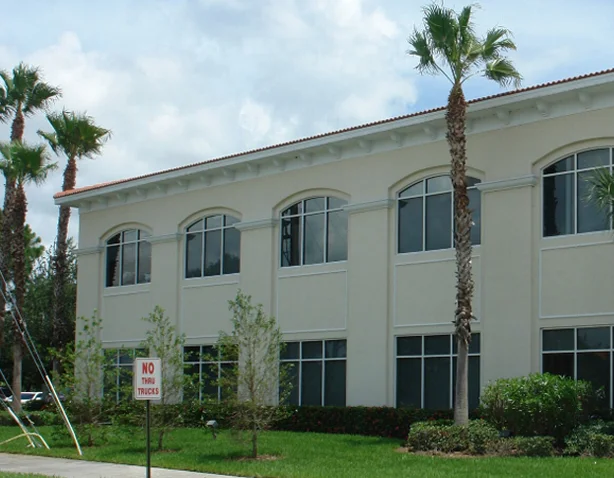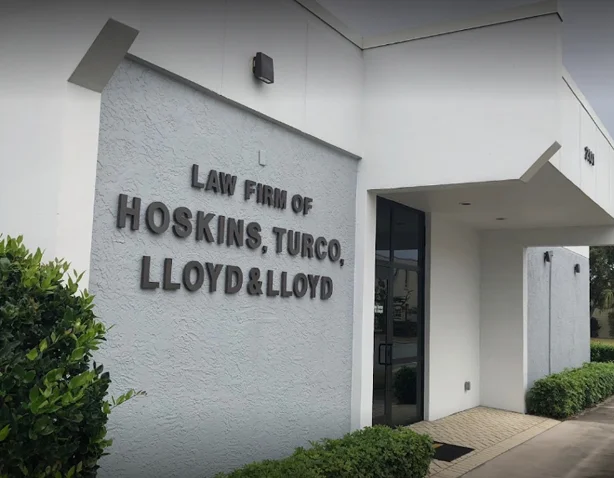Filing for bankruptcy is a significant decision that can have long-lasting effects on your financial health and personal life. It’s a legal process designed to help individuals and businesses eliminate or repay their debts under the protection of the bankruptcy court. Before you take this step, it’s crucial to thoroughly evaluate your situation and understand the implications. Here are some key questions to ask yourself if you are considering filing for bankruptcy.
1. Do I qualify for bankruptcy?
First and foremost, you must determine if you qualify for bankruptcy. Here, we provide information on the types of bankruptcy available and their eligibility criteria.
- Chapter 7 Bankruptcy: Chapter 7 Bankruptcy involves liquidating your non-exempt assets to pay off as much debt as possible, with the remaining debt being discharged. To be eligible, you must pass the means test, which compares your income to the median income in your state. If your income is too high, you might not qualify.
- Chapter 13 Bankruptcy: Chapter 13 Bankruptcy allows you to keep your property and repay your debts over a 3-5 year period according to a court-approved repayment plan. To be eligible, you need a regular income to make the required payments under the repayment plan, and your debts must be within certain limits.
Understanding these qualifications can help determine if bankruptcy is a viable option for you.
2. What are my debts?
Not all debts can be discharged in bankruptcy. It’s essential to review your debts to understand which can be eliminated and which cannot. Common non-dischargeable debts include:
- Student loans (unless you can prove undue hardship)
- Child support and alimony
- Most tax debts
- Debts incurred through fraud
By identifying your dischargeable and non-dischargeable debts, you can better assess the potential benefits of filing for bankruptcy.
3. How will bankruptcy affect my credit?
Bankruptcy significantly impacts your credit score and remains on your credit report for up to 10 years (Chapter 7) or 7 years (Chapter 13). Consider how this will affect your ability to:
- Obtain new credit
- Secure housing
- Find employment (some employers check credit history)
Although bankruptcy can provide a fresh start, it’s essential to weigh this against the long-term impact on your credit.
4. Are there alternatives to bankruptcy?
Before deciding to file for bankruptcy, explore other options that might help you manage your debt, such as:
- Debt consolidation: Combining multiple debts into a single loan with a lower interest rate.
- Debt settlement: Negotiating with creditors to reduce the total amount owed.
- Credit counseling: Working with a credit counselor to develop a debt management plan.
These alternatives can sometimes provide relief without the need for bankruptcy.
5. How will bankruptcy affect my personal and professional life?
Bankruptcy can have personal and professional repercussions, including:
- Personal life: Emotional stress, stigma, and the impact on family members.
- Professional life: Potential effects on current and future employment, especially in financial sectors.
Considering these impacts can help you prepare for and mitigate any negative consequences.
Considering filing for bankruptcy?
Filing for bankruptcy is a serious decision that requires careful consideration of your financial situation, the types of debts you owe, and the potential impact on your life. By asking yourself these key questions, you can make a more informed decision about whether bankruptcy is the right step for you. If you’re still uncertain, seeking professional advice from a bankruptcy attorney or financial advisor can provide the guidance you need to move forward with confidence.
Request a free consultation with our Florida bankruptcy attorneys
We can help. Call us at 866-930-6435.
If you are a resident or small business owner in Port St. Lucie, Fort Pierce, or Vero Beach, and you are considering filing for bankruptcy, it’s crucial that you contact an experienced bankruptcy attorney. At Hoskins, Turco, Lloyd & Lloyd, we have a full department dedicated to assisting individuals and business owners with filing for bankruptcy. Our reputable and trusted bankruptcy attorneys have helped hundreds of St. Lucie County and Indian River County residents and businesses get a fresh financial start.
We will help you navigate the complexities of bankruptcy law, provide personalized advice, protect your rights, streamline the process, and maximize the benefits available to you. Our expertise and support will make a significant difference in your bankruptcy experience and ensure the best possible outcome for your financial future.
We offer free bankruptcy consultations to help you understand your legal and financial options. Call us today at 866-930-6435 to schedule your complimentary meeting.



